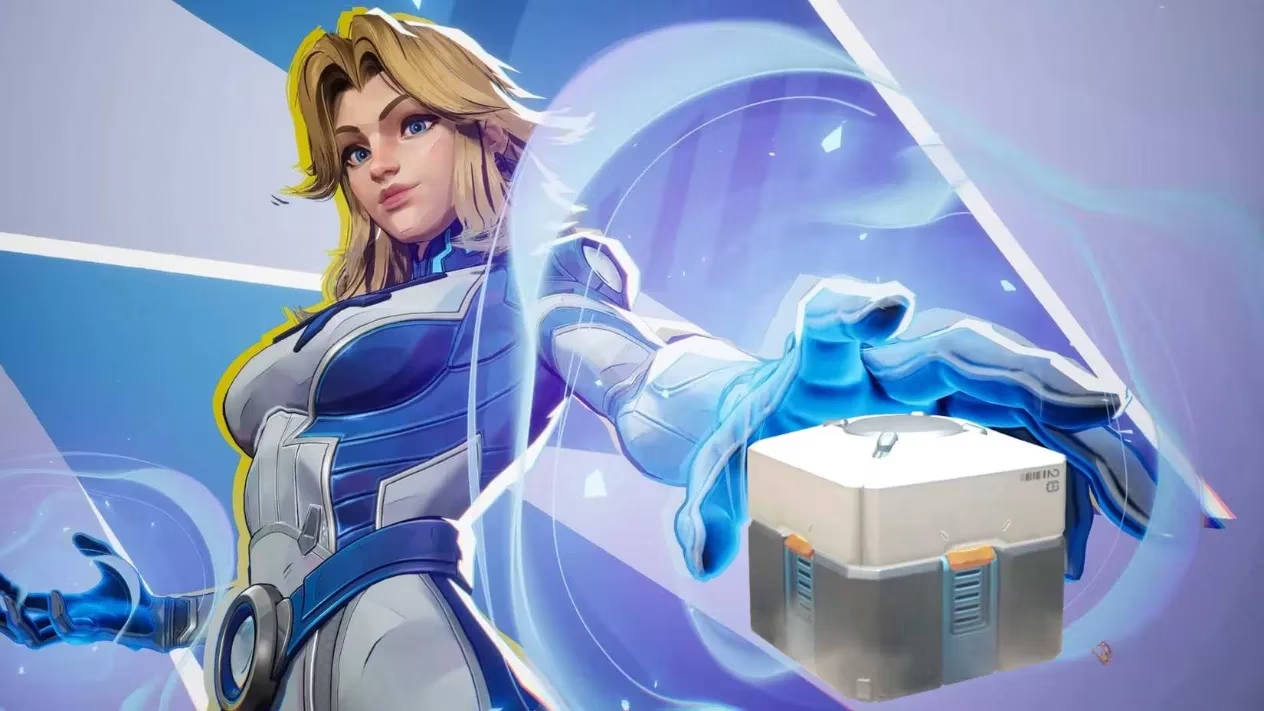Marvel Rivals maintains explosive popularity in 2025's competitive gaming landscape, fueled by consistent hero updates, developer responsiveness, and adrenaline-pumping gameplay. Its free-to-play model remains crucial during ongoing economic uncertainty, though monetization through premium cosmetics and convoluted virtual currencies already tests player patience. Now, datamined Season 4 files reveal plans for "Mysteries"—a loot box system sparking heated controversy among its 20 million-strong player base.

Mysteries Unearthed: The Loot Box Revelation
Leaked by prominent insider RivalsInfo, Mysteries represent randomized reward containers reminiscent of gacha mechanics. While NetEase reportedly considered then abandoned loot boxes during development, code fragments suggest their revival. Community reactions fracture into three camps:
-
🎲 Gambling enthusiasts celebrating potential paid randomness
-
🛡️ Purists demanding exclusively free unlocks via gameplay
-
🔍 Critics accusing Overwatch plagiarism, citing parallels:
| Similarity | Overwatch Implementation | Marvel Rivals Speculation |
|---|---|---|
| Acquisition | Free via leveling/paid bundles | Unknown (datamine suggests both) |
| Content | Skins, emotes, credits | Cosmetics, currency, boosters |
| Controversy | 2017-2022 paid model backlash | Current ethical debates |
Monetization Minefield: Ethics vs Economics
Implementation details remain nebulous, but consequences hinge entirely on accessibility:
The Ideal Scenario
Free Mysteries earned through challenges could become engagement rockets 🚀, offsetting criticism of pricey cosmetics. Like Overwatch 2's celebrated 2024 overhaul, this approach builds goodwill while encouraging daily logins—a psychological nudge as potent as Pavlov's bell 🔔.
The Dystopian Risk
Paid Mysteries would plunge Rivals into ethical quicksand, particularly given its PEGI 12 rating. Imagine slot machines disguised as collectible tins—accessible to pre-teens yet mechanically identical to casino mechanisms. China's strict loot box regulations (probability transparency, daily purchase caps, pity timers) might not shield global audiences, creating regulatory patchwork chaos.

Cultural Chasms: East vs West Monetization
NetEase navigates treacherous cross-cultural currents 🌊. Chinese mandates force loot box transparency, but global enforcement resembles herding cats 🐈—possible in theory, chaotic in practice. This creates Schrödinger's monetization: simultaneously compliant and predatory depending on regional enforcement. The studio's existing cosmetic pricing—often requiring $20+ per skin—suggests corporate appetite for high-margin mechanics. Adding paid Mysteries would be like grafting a vampire squid 🦑 onto the game's economy, its monetization tentacles probing every player interaction.
People Also Ask
- Will Marvel Rivals' loot boxes be pay-to-win?
Current evidence suggests cosmetic-only content, preserving competitive integrity.
- How might China's loot box laws affect global players?
Probability disclosures likely apply worldwide, but purchase limits may vary regionally.
- Could loot boxes get banned in certain countries?
Belgium & Netherlands precedent makes European restrictions possible if paid mechanics emerge.
- What alternatives exist to loot boxes?
Battle passes or direct purchase shops offer transparent monetization without randomness.

Future Outlook: A Developer's Crossroads
Personally, I foresee NetEase implementing hybrid Mysteries—primarily free with paid acceleration options—mirroring industry trends. This satiates whales 🐋 while placating casual players. Yet the optimal path remains clear: treat loot boxes like museum artifacts 🔍—carefully curated, educationally labeled, and never essential. Should Mysteries emerge as predatory, Rivals risks becoming Icarus soaring too close to monetization sun ☀️, its player goodwill melting faster than wax wings. The 2025 gaming ecosystem demands ethical innovation, not psychological exploitation dressed in superhero trappings. Ultimately, NetEase's choice will reveal whether they view players as partners or piggy banks 🐖.